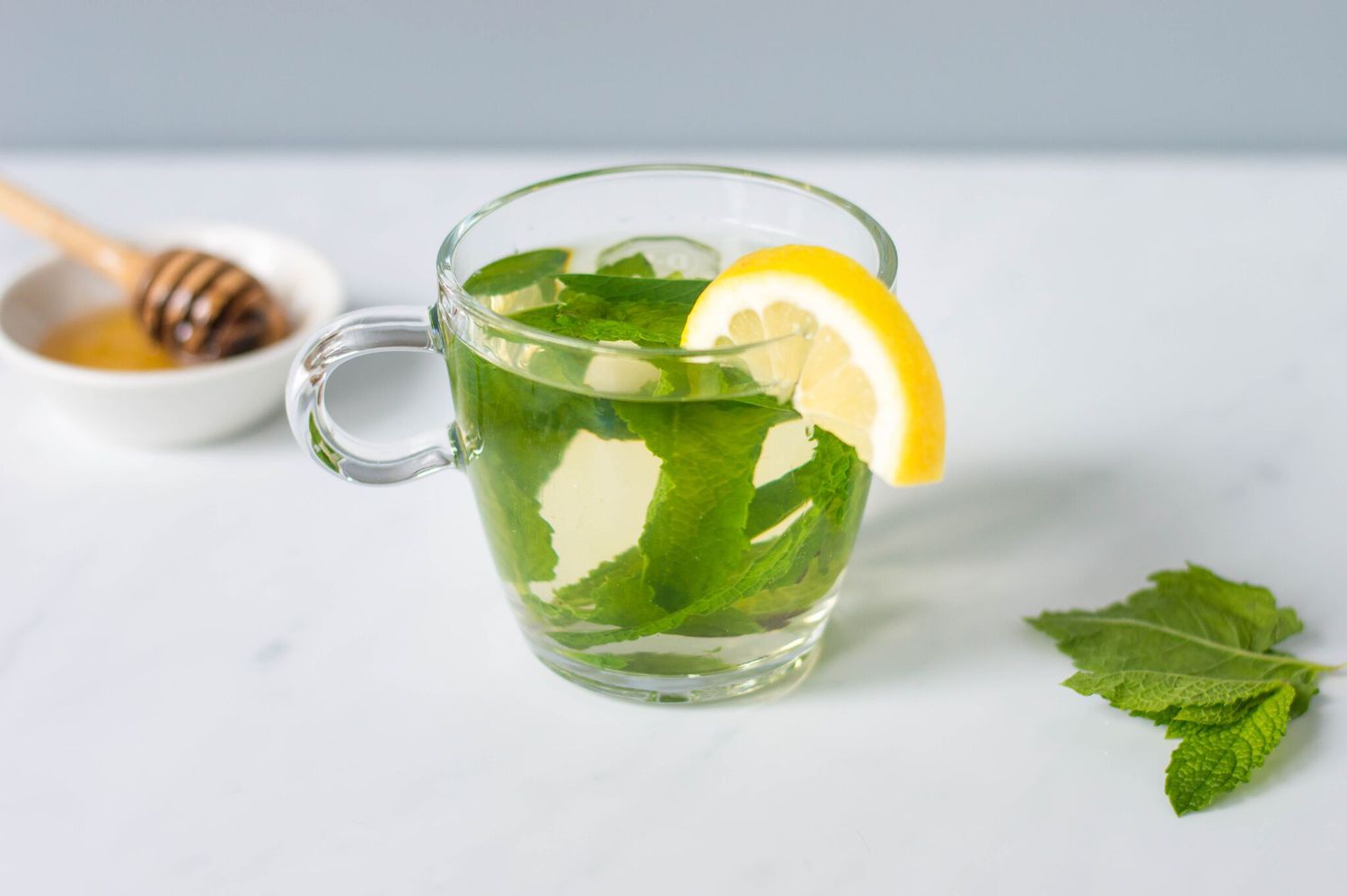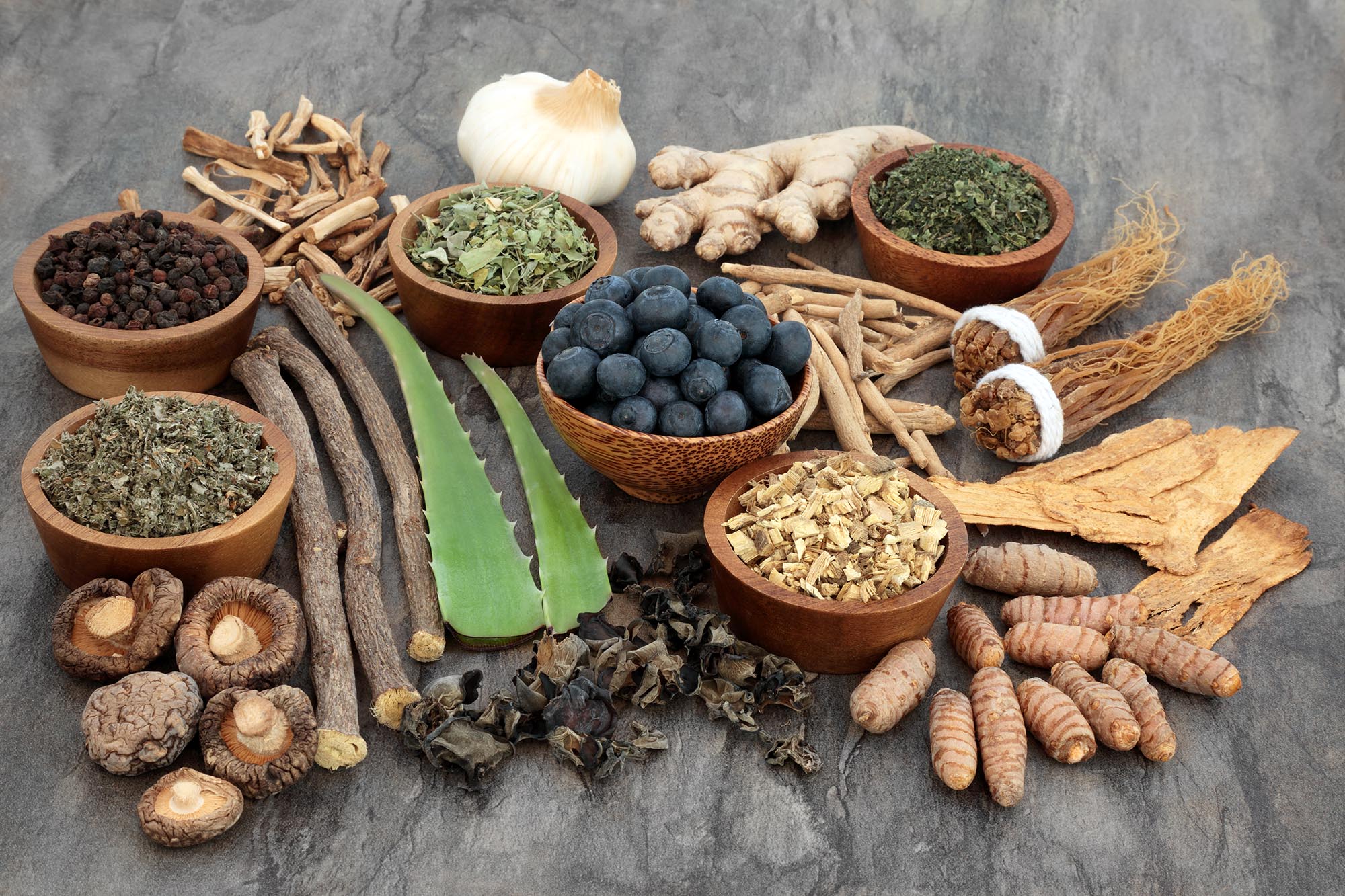
Why Do Clean CBD Products Matter?
WRITTEN BY KIMBERLY MA AND DR. SWATHI
Cannabidiol, otherwise known as CBD, is an oil that is derived from the cannabis plant. Known for its benefits and therapeutic efficacy in supporting a variety of conditions ranging from pain, anxiety, to inflammation, its popularity has taken off. However, due to complicated terminology and its politically charged history, there is still confusion when it comes to selecting the best quality CBD products.
Because CBD products are a relatively newer natural product, there are a lot of unclear regulations permitting many hemp or CBD companies to enter the market without proper testing. In general, regulations surrounding the production of hemp or CBD products are similar to those of other dietary supplements, but not the same. These practices may include things like product and ingredient testing, proper training of personnel, careful documentation, and evidence from studies that support the safety and stability of all manufactured products. In order to ensure you are getting the best quality CBD products, it's important to ensure they are considered clean.
Right now, clean products are all the rage, especially due to their appeal among conscious consumers. With growing efforts from researchers, companies, natural product experts, and others, consumer-facing education material has become more accessible. As a result, individuals are able to become aware of how to select high quality products to incorporate into their wellness routine. However, with so many buzz terms being tossed around in marketing campaigns, it can be difficult to differentiate between the quality of various products.
What do these words mean?
Clean
Clean products certainly do not equate to natural products or organic products. Clean products usually refer to how a product's ingredients are safe. It is important to note that there are no standards to using the term ‘clean’, so it’s subjective. This means that if a company uses this term, it’s important to understand what it means to them. For some it’s being free from additives like fragrances, parabens, alcohols, sulfates, or other harsh chemicals that can negatively impact the body–while for others, it could mean something else completely.
Natural
Natural products on the other hand, refer to how a product's components or compounds can be found in nature as opposed to created synthetically in a lab. Though, this can be confusing. Just because a product is found in nature does not necessarily mean it is beneficial for you.
Organic
Organic products are products that strictly adhere to regulations that prohibit the use of pesticides, artificial fertilizers, and other synthetic chemicals. This term is strictly managed by the FDA under the Federal Food Drug and Cosmetic Act. In other words, products must be certified by an accrediting body before they can be labeled as organic.
Not all CBD is created equal
Overall, choosing clean CBD products are incredibly important in preventing possible adverse health effects and getting the desired benefits. Some products can be contaminated with harmful compounds that originate from either the manufacturing process or the conditions in which the plant was grown itself. From seed to self, the quality and potency of CBD products is dependent on many different factors. Here are a couple of possible contaminants that can be found in CBD when it is not considered to be clean by Element Apothec standards.
-
Heavy metals can be found within CBD products if they come in contact with the plant during its growth or the product during the manufacturing process. Although not all heavy metals are necessarily harmful (for example zinc and iron are essential dietary nutrients that have many beneficial effects), other heavy metals like arsenic and lead can produce toxic effects in our bodies.
-
Pesticides are one of the more dangerous substances that can be found in CBD products. Growers who use pesticides to kill insects that are harmful towards their cultivation, may also use it to increase the yield or potency of their crop. As a result, pesticides have long been shown to create both short and long term negative effects on health.
-
Chemicals are more commonly found in CBD products as a result of the manufacturing process. Sometimes, they are beneficial in the extraction process due to their ability to isolate active ingredients within cannabinoids. However, if proper measures are not implemented for post-extraction of these chemicals, they may linger throughout the manufacturing process all the way through ingestion or use of the CBD product.
-
Microbial contaminants are usually not found in CBD products as a result of a purposeful action. Accidental introduction of contaminants like mold, bacteria, fungi, or other microbes may occur during the harvesting or preservation process.
Note that there are other important criteria to consider when looking for quality CBD products. Products that are not manufactured up to quality standards may have variable concentrations of active ingredients which can alter their functionality. For example, CBD products that contain trace THC can be harmful in younger populations who may be using it for other health conditions. To learn more about third party testing in the context of cannabis and CBD products, check out this article on certificate of analyses.
Important Takeaway
Purchasing CBD products can be confusing, we get it! If you are interested in learning more about CBD products, talking with a health care provider or an integrative medicine specialist is a great place to start, like our very own in-house medical team led by our co-founder and Chief Scientific Officer, Dr. Swathi Varanasi. Practitioners can discuss whether or not CBD may be a good product to implement into your regimen.
Make sure to always spend some time researching a company before purchasing one of their products. Reading more about the company and its partnerships can give you better insight as to the quality of products they promote. Remember, it's not just about the manufacturer; it’s also about the cultivator as well. Lastly, make sure you read the label! Look for the correct concentration and dose, the oil source (i.e. broad spectrum vs. isolate), lab results, and manufacturing dates. The more you know the better!
About Element Apothec
Our Never Ever Promise. No Bad Stuff. Period.
Element Apothec believes in sharing knowledge and educational materials with our customers to ensure full transparency about our products. Our CBD products are made from select and sustainably sourced US grown hemp that meets rigorous taste, color, potency, and purity standards. To read more about our mission and pledge to create 100% clean products that are free from any additive chemicals or toxins with transparency, click here.
References
Evans DG. Medical Fraud, Mislabeling, Contamination: All Common in CBD Products. Mo Med. 2020;117(5):394-399.
Rubin CB, Brod B. Natural Does Not Mean Safe-The Dirt on Clean Beauty Products. JAMA Dermatol. 2019;155(12):1344-1345. doi:10.1001/jamadermatol.2019.2724
VanDolah HJ, Bauer BA, Mauck KF. Clinicians' Guide to Cannabidiol and Hemp Oils. Mayo Clin Proc. 2019;94(9):1840-1851. doi:10.1016/j.mayocp.2019.01.003
–
This article was edited by Dr. Swathi and was written by Element Apothec Scientific Communications Intern, Kimberly Ma. She is a Doctor of Pharmacy (PharmD) candidate at the University of Connecticut School of Pharmacy in Storrs, Connecticut.











